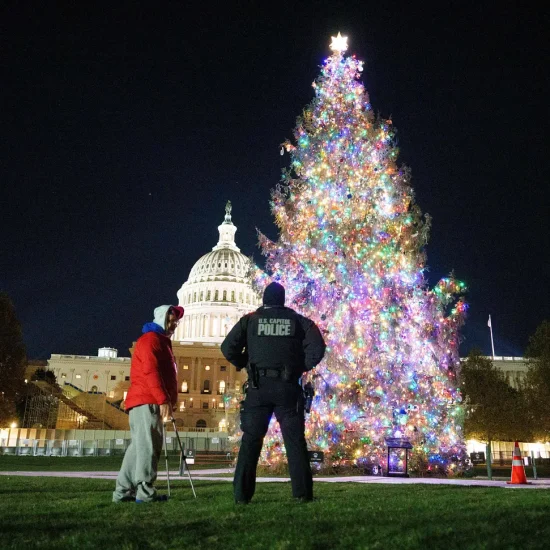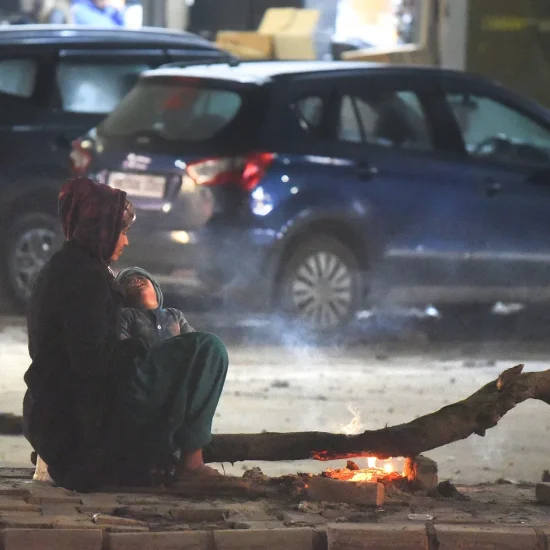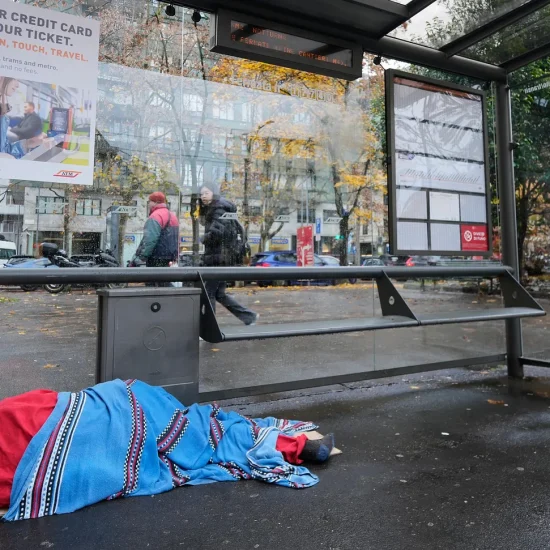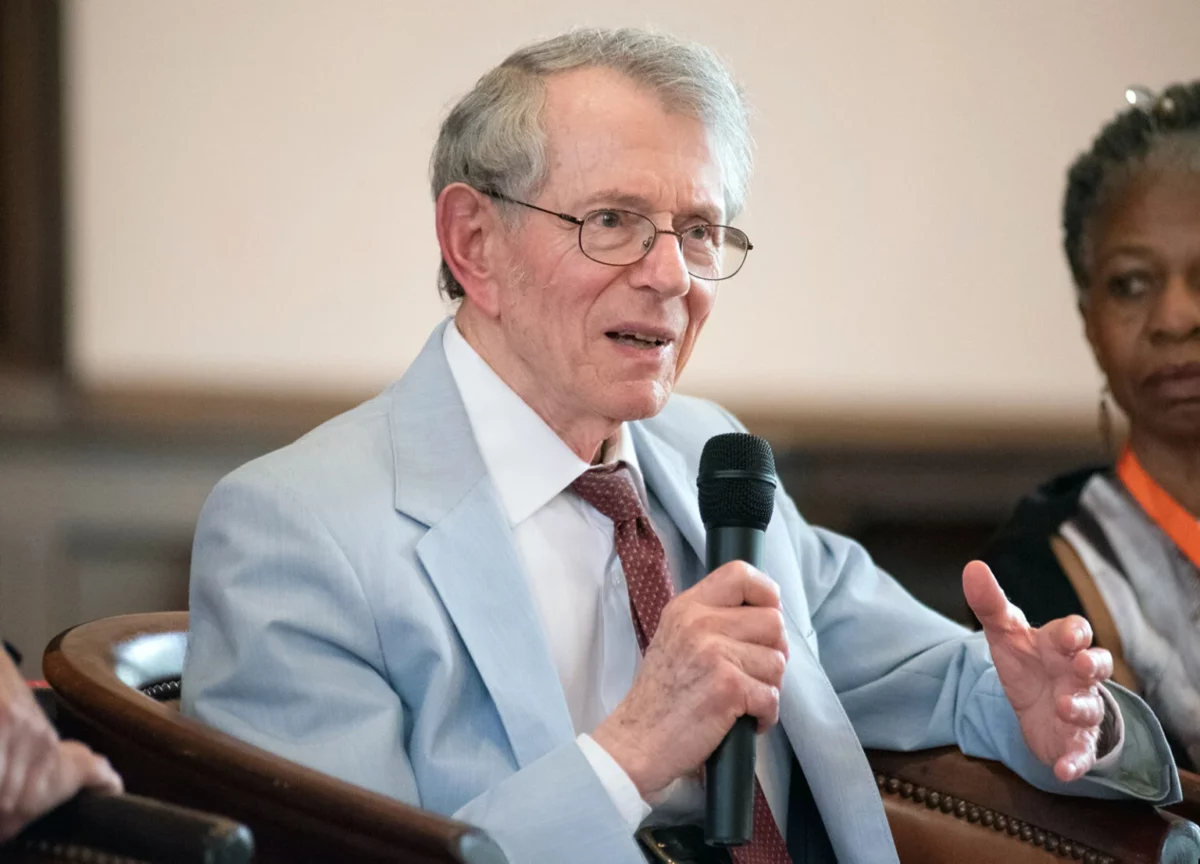
(RNS) — The Rev. Arthur “Art” Simon, the founder and first president of the Christian advocacy group Bread for the World, died Tuesday (Nov. 14), the organization announced.
Simon, 93, started Bread for the World in the mid-1970s. The anti-hunger group aimed to reduce poverty, decrease hunger, and improve nutrition for people across the globe.
He died at his Maryland home of natural causes, said Bread for the World spokesman Chris Ford.
The Rev. Eugene Cho, Bread’s current president and CEO, summed up Simon’s legacy in a statement: “When I consider the many millions of people around the world whose lives have been changed for the better because of the policies and programs created and improved by anti-hunger activism; when I see the 200,000-strong citizen’s movement that Bread is today; when I hear from individuals about how Art’s message and work led to a new orientation in their life toward justice; I feel an enormous weight of gratitude.”
Simon, a Eugene, Oregon, native, in recent years had continued his advocacy through his 2019 book, “Silence Can Kill: Speaking Up to End Hunger and Make Our Economy Work for Everyone.” In it, he encouraged religious and nonreligious readers to move beyond solely charitable efforts to writing to members of Congress to address hunger.
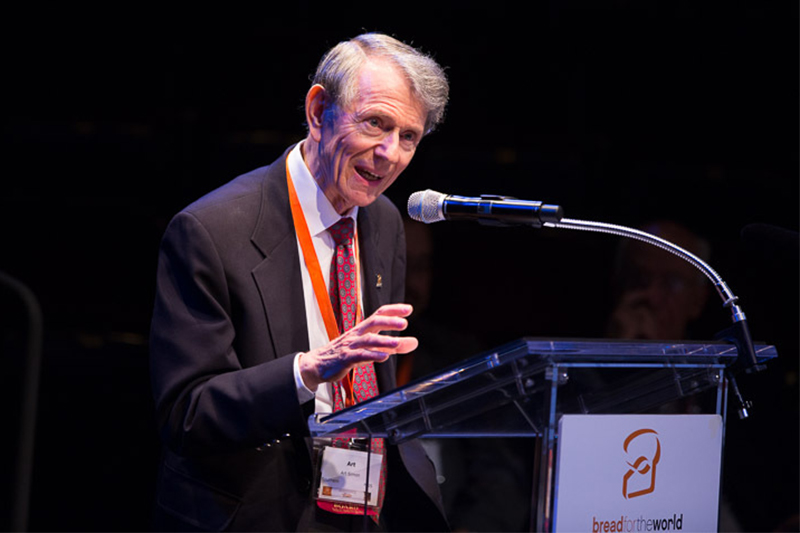
The Rev. Art Simon speaks during a Bread for the World event in 2013. (Photo courtesy Bread for the World)
“Charity is essential and I’m still actively part of charitable efforts in hunger,” he told Religion News Service in an interview at the time of the book’s release. “But charity can only do so much. It’s quite limited in what it can do in the long run.”
Writer and public television travel host Rick Steves said Simon’s work taught him how to put his faith to work in the broader world, not just his own personal life. When Steves was a student, someone gave him a copy of Simon’s 1973 book, “Bread for the World.” The book changed his life, Steves said, showing him that hunger was as much about politics and economics as it was about food.
“We can be accidental accomplices in keeping people poor,” said Steves, whose show holds an annual Christmas fundraiser that raises about a million dollars to support the organization’s work.
Steves said of Simon, who would give him an annual call to thank him for supporting Bread for the World: “He was a dear soul.”
Simon’s father helped run “The Christian Parent” magazine when he was growing up, and his brother was the late Sen. Paul Simon, D-Ill., with whom he co-authored the book “The Politics of World Hunger.”
“The Institute mourns the passing — and especially celebrates the life — of Reverend Arthur Simon,” reads a statement on the X, or Twitter, account of the Paul Simon Public Policy Institute. “Art was a deeply admirable man who was a hugely positive figure and force in American life.”
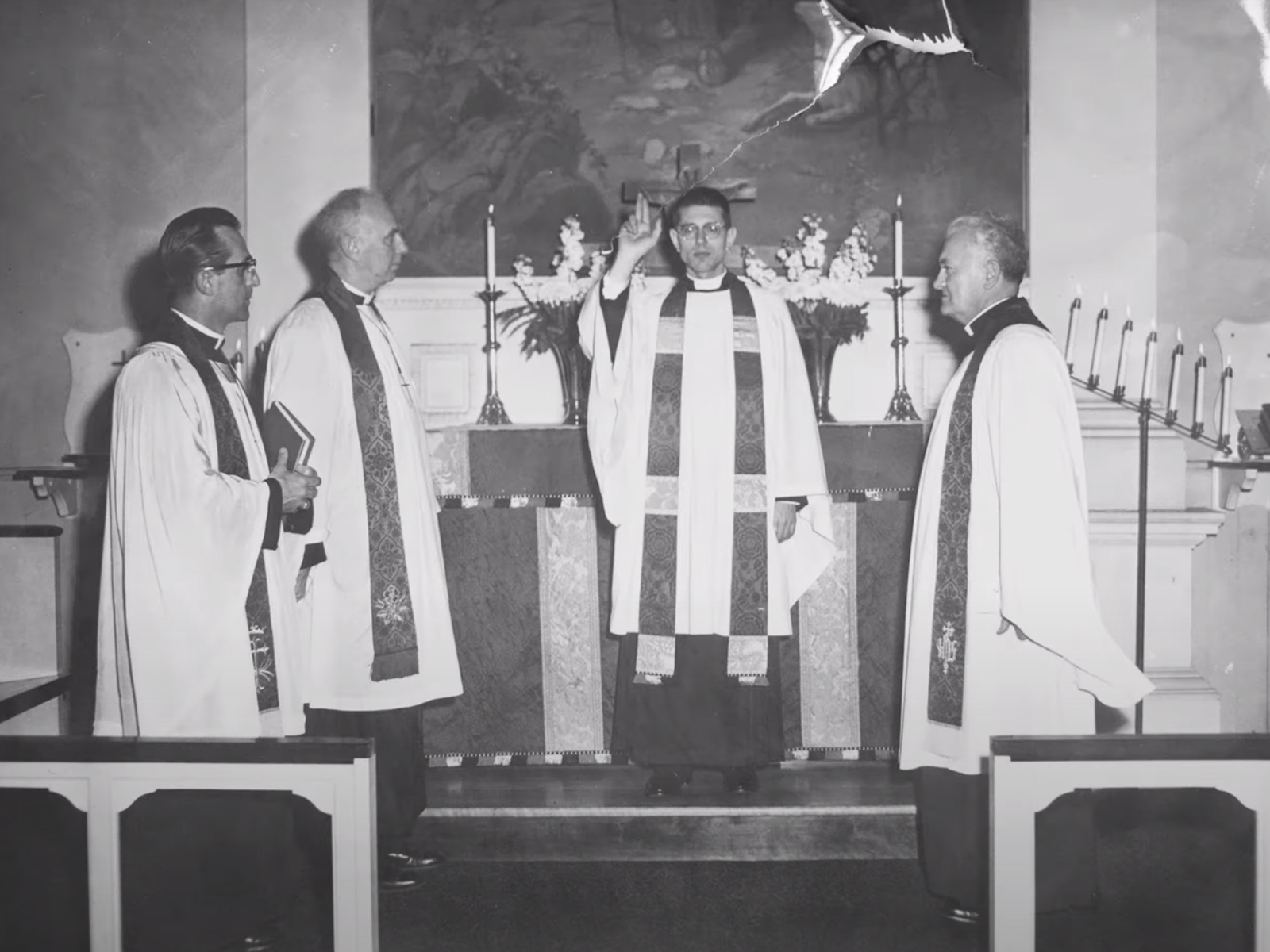
The Rev. Art Simon, center, at Trinity Lutheran Church in New York, circa 1960s. (Photo courtesy Bread for the World)
Art Simon began his involvement in anti-hunger advocacy when he responded to urgent needs prompted by poverty and hunger in the Lower East Side neighborhood of New York City’s Trinity Lutheran Church in the 1960s and ’70s. He determined to get to the root of why people were hungry and founded Bread with a committee of seven Protestants and seven Catholics in 1974.
He held its presidency for 16 years, building awareness about hunger in ways that informed political leaders and propelled policy.
Starting in 1975, Bread has held “Offering of Letters” campaigns, encouraging congregations and community groups to send letters and email messages to lawmakers to urge passage of legislation to reduce domestic and global hunger.
Simon, an ecumenical minister affiliated with the Lutheran Church-Missouri Synod, pointed to the importance of grassroots activism.
“(N)either religious leaders nor policy analysts can substitute for the influence of voters from a legislator’s home state or district,” he wrote in “Silence Can Kill.” “Voters who speak up, not big money interests, can be the movers and shakers who get Congress to act.”
The Rev. David Beckmann, the second president emeritus of the organization, said Simon “responded to God’s call to make the world more consistent with God’s love for everybody” and set an example for others.
“Arthur Simon led the development of Bread for the World from a prayer into a powerful, nationwide movement to get our nation’s elected leaders to help end hunger,” said Beckmann in a statement. “In the 50 years since Art started organizing, Bread for the World and its members across the country have played a leadership role in expanding and improving poverty-focused international aid.”
After his retirement from Bread, Simon was the director of the Washington office of the Christian Children’s Fund, a community development organization, from 1992 to 1997.
In 2019, he told RNS that he had not given up on his decadeslong hope for an end of hunger.
“I don’t think Bread is giving up or other advocacy groups are, or churches for that matter who are engaged this way,” he said. “When there are setbacks you just got to work harder. It’s not unreasonable. Sometimes it just takes reaching that tipping point in the public sense of things that hunger is an outrage in a country as wealthy as ours.”


